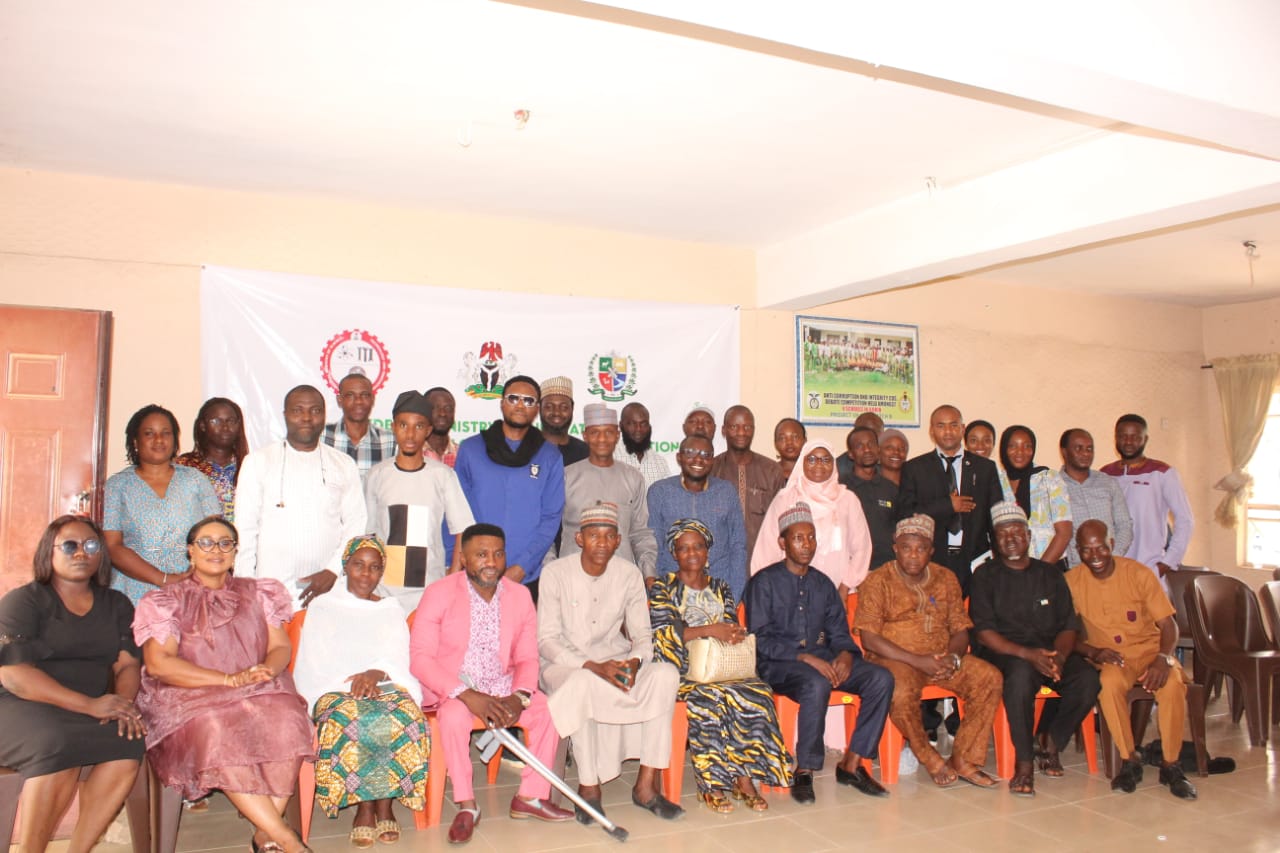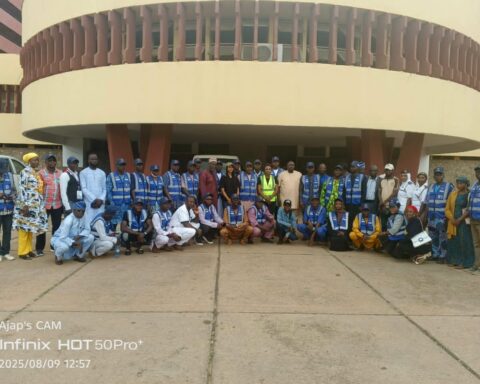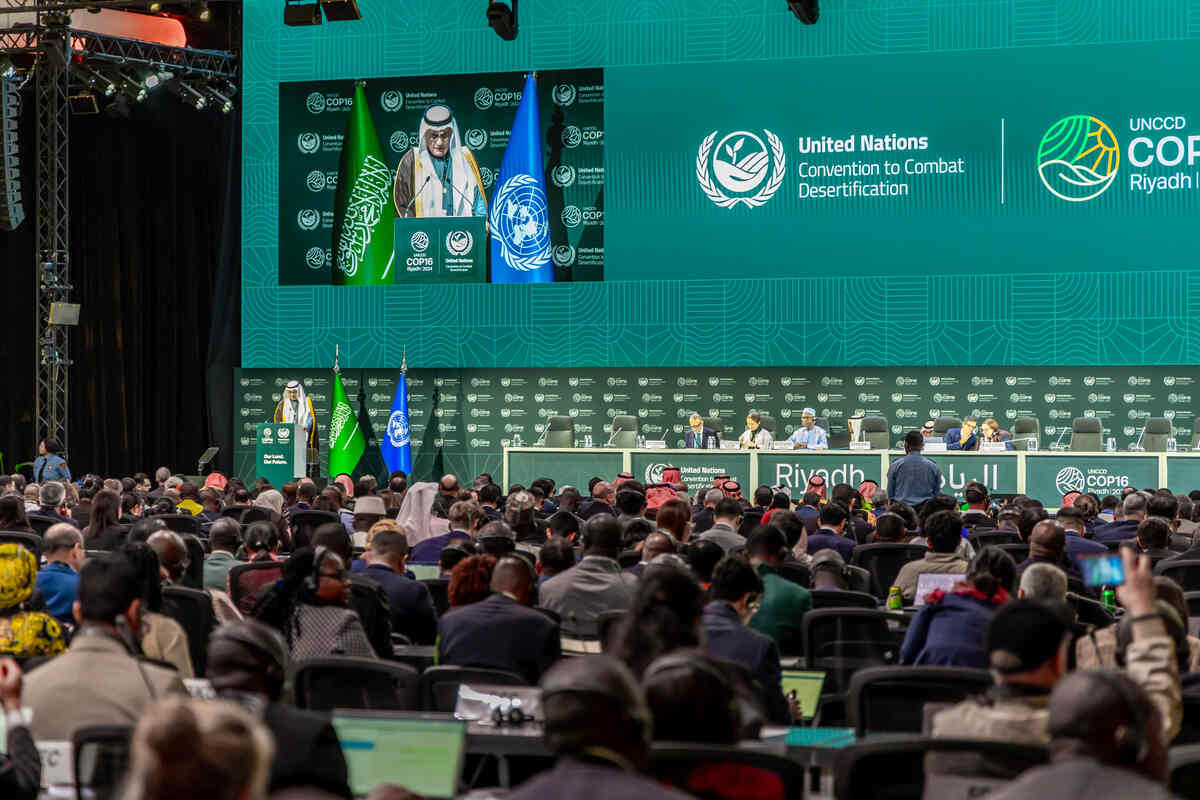The Federal Ministry of Innovation, Science, and Technology has unveiled plans to establish a model Compressed Natural Gas (CNG) system in urban centres across Nigeria, aiming to foster sustainable, energy-independent transportation and support the country’s climate action goals.
This was disclosed by Mrs. Ayanda Medinat, a Deputy Director in the ministry’s Environmental Sciences and Technology Department, during a stakeholders’ workshop on CNG infrastructure development in Ilorin, Kwara State.
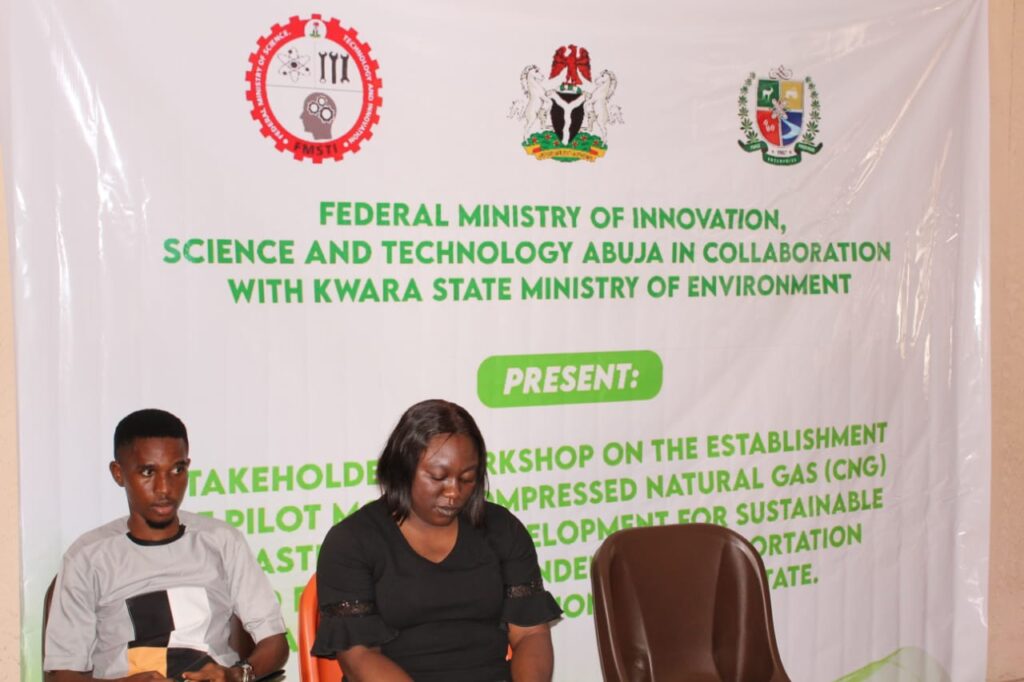
In her keynote address, Mrs. Medinat emphasized the importance of the initiative in promoting green transportation and addressing the challenges of climate change.
“Compressed natural gas vehicles contribute to a cleaner and greener environment, and Kwara State is poised to play a major role in achieving this aim,” she said.
The workshop, which convened stakeholders from across the country, is expected to produce a pilot model for CNG deployment, to be implemented nationwide.
A Step Toward Sustainable Energy Transition
Speaking on the broader impact, Mr. Omoniyi Joseph, the Project Officer for the initiative, said the project aligns with Nigeria’s Nationally Determined Contributions (NDCs) to reduce greenhouse gas emissions and diversify energy sources.
“This initiative represents a significant climate action effort. It addresses energy challenges, promotes sustainability, creates jobs, facilitates technology transfer, and builds capacity all while contributing to the Sustainable Development Goals,” Mr. Joseph noted.
He further highlighted the cost-effectiveness of CNG vehicles, citing their affordability compared to gasoline-powered alternatives.
“For just N3,500, a CNG vehicle can travel up to 150 kilometers, making it a viable option for motorists seeking cheaper and cleaner energy solutions,” he explained.
Kwara State at the Forefront of Climate Action
The Permanent Secretary of the Ministry of Environment in Kwara State, Dr. Abubakar Ayinla, expressed the state’s excitement at hosting the pilot phase of the project, emphasizing its commitment to environmental sustainability.
“We are thrilled to collaborate with the Federal Government on this groundbreaking initiative. Kwara is ready to lead in advancing climate action and sustainable energy solutions,” Dr. Ayinla remarked.
The Head of Climate Change and Environmental Assessment Unit at the Kwara State Ministry of Environment and Forestry, Ilias Abdulganiyu Olawale, in his presentation called for the development of critical infrastructure to support the adoption of Compressed Natural Gas (CNG) as a cleaner energy alternative in Nigeria.
Mr. Olawale emphasized the importance of establishing refueling stations, conversion kits, and vehicle conversion centers to facilitate the transition to CNG-powered vehicles.
He also stressed the need for increased public awareness campaigns to educate Nigerians on the environmental and economic benefits of adopting CNG.
“Educating the public about the advantages of CNG will increase demand and promote the growth of CNG industries in the country,” Olawale said.
Highlighting the environmental implications of CNG, Olawale noted that while it is a fossil fuel and contributes to greenhouse gas emissions, it produces significantly fewer emissions and pollutants compared to traditional fuels such as diesel and petrol.
“Compressed Natural Gas is not a perfect solution but serves as a cleaner alternative and a stepping stone toward a more sustainable energy future,” he added.
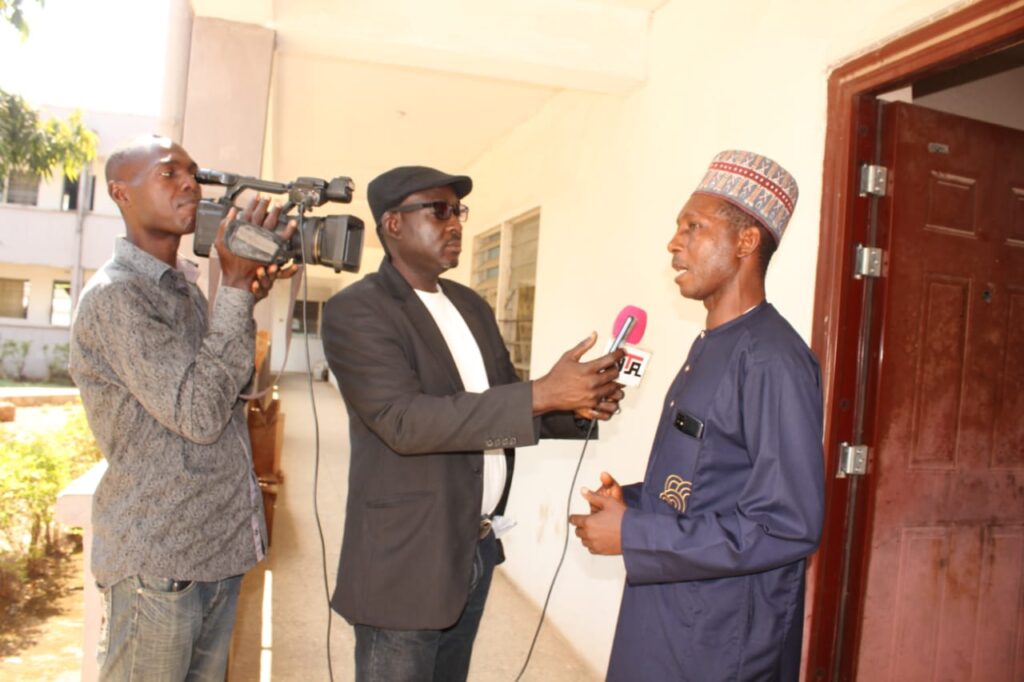
Driving Africa’s Energy Transition
The CNG initiative aligns with Africa’s broader push for cleaner energy systems and reduced reliance on fossil fuels.
By leveraging domestic resources like natural gas, the project is expected to provide a template for other African nations seeking to implement sustainable and energy-efficient transportation systems.
The workshop concluded with stakeholders reaffirming their commitment to establishing a robust CNG ecosystem that will serve as a model for Nigeria’s urban centres and beyond.
By Dare Akogun


